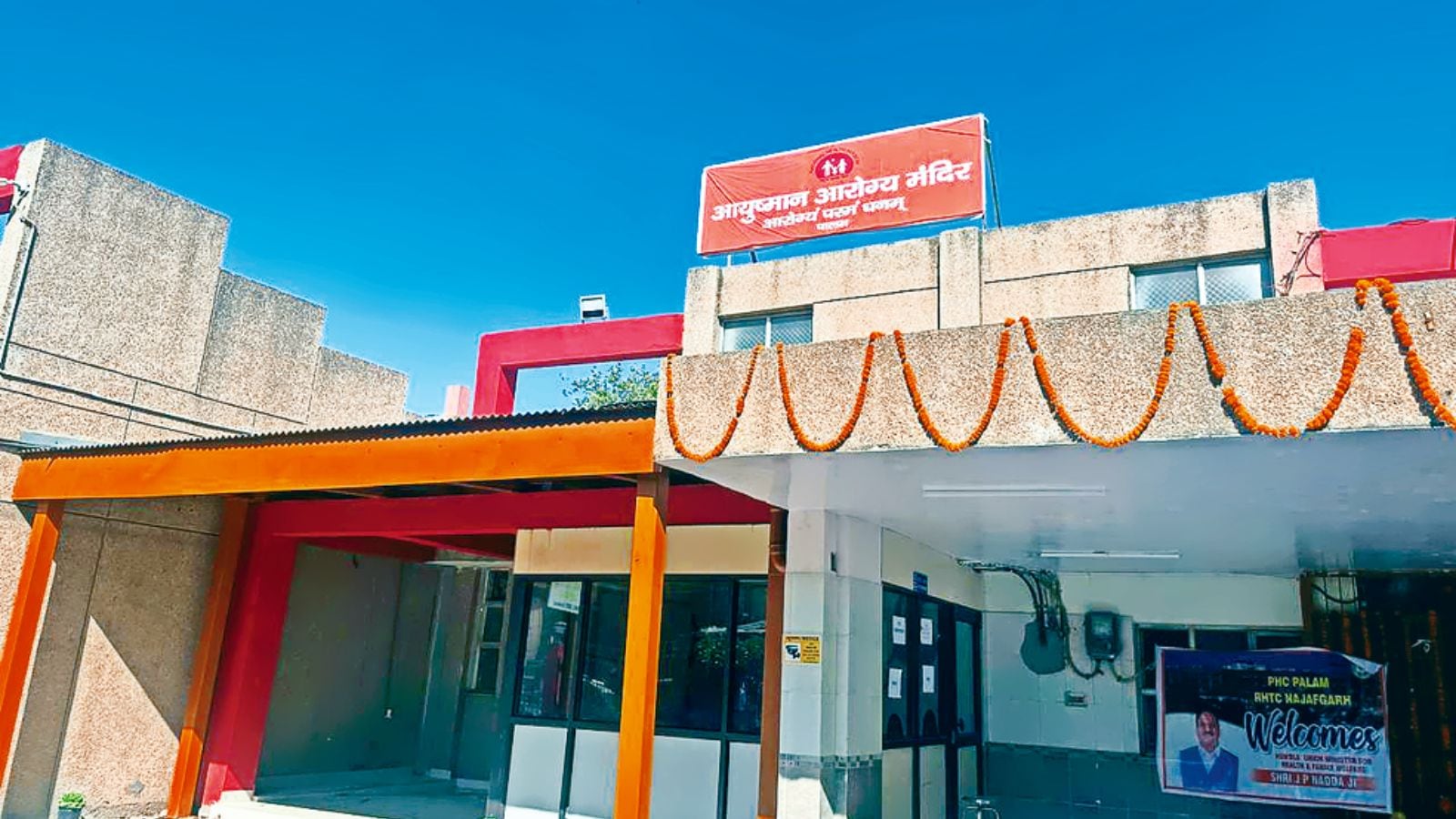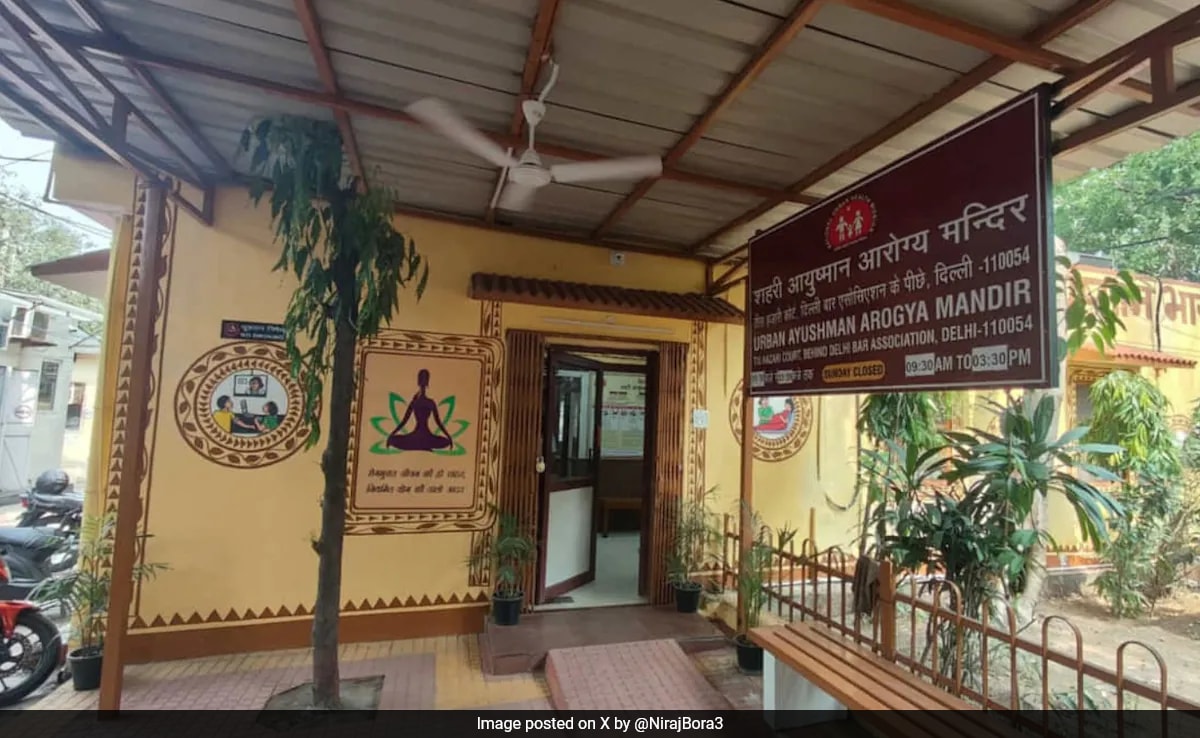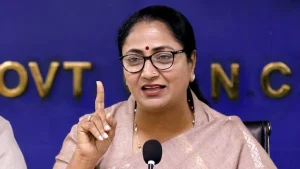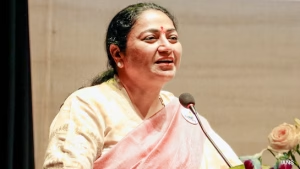New Delhi – Chief minister Rekha Gupta has announced a major expansion of primary healthcare facilities in the capital, pledging to open 100 new Ayushman Arogya Mandirs (AAMs) every month. The announcement reflects the government’s push to make healthcare more accessible, reduce patient pressure on hospitals, and ensure that citizens have dignified, reliable, and modern medical services near their homes. The statement of Delhi CM on Healthcare Clinics has placed healthcare delivery at the center of urban welfare policies.
Monthly Rollout of Clinics

According to the plan, the government aims to establish 1,139 centres across the city. Currently, 67 AAMs are operational, offering 12 categories of medical services. With this ambitious expansion, the city’s healthcare ecosystem will receive a significant upgrade. The commitment of Delhi CM on Healthcare Clinics demonstrates that the administration wants healthcare services to reach every household with consistency and efficiency.
The government intends to construct some centres on larger plots so they can also handle urgent medical needs and emergency care. This structural foresight ensures that the new facilities are not limited to routine illnesses but can also serve as reliable healthcare hubs during crises.
Comprehensive Healthcare Services


The AAMs provide maternity and childbirth care, neonatal and child healthcare, adolescent health support, family planning, and treatment of both infectious and non-communicable diseases. They also deliver eye, ENT, and oral care services, elderly and palliative care, emergency medical services, mental health support, and in-house diagnostic testing.
By strengthening these services, the city is creating a community-level healthcare system that ensures preventive care, faster detection of health conditions, and reduced dependence on larger hospitals. The assurance of Delhi CM on Healthcare Clinics highlights how essential preventive care and early treatment are in addressing urban health challenges.
Financial Readiness for Expansion
The government has already secured ₹2,400 crore from the Centre for the project, guaranteeing that finances will not be an obstacle to meeting the monthly target. Gupta stated that primary healthcare will be made robust and accessible so people will no longer have to visit hospitals for minor or seasonal ailments.
She reiterated that the vision of Delhi CM on Healthcare Clinics is to provide modern and routine health facilities within walking distance, ensuring dignity and care for every citizen. The initiative is designed to not only strengthen infrastructure but also encourage citizens to use local clinics for faster treatment.
First Point of Contact for Communities


Officials highlighted that AAMs are built to act as the first point of contact for local residents. By providing early screening and preventive facilities, these centres are expected to reduce hospital visits for small illnesses. This design reflects the philosophy of decentralised healthcare delivery, a core aspect of Delhi CM on Healthcare Clinics.
Routine healthcare services offered at the community level will mean reduced waiting times in hospitals, a better distribution of patients, and improved health outcomes across the city.
Monitoring and Accountability
The health department will monitor the rollout of these centres to ensure that the ambitious monthly target is met. Regular reviews at the Secretariat will assess the progress, identify challenges, and ensure that deadlines are respected.
Gupta stressed that the government’s responsibility is to make sure the benefits of Delhi CM on Healthcare Clinics are felt in every neighbourhood, regardless of geography or demographics. The gradual expansion of services will cover the entire city, creating an integrated system of healthcare at the grassroots level.
Also Read: Shah On Rahul Gandhi PM Abuse In Bihar: Powerful Demand for Apology
Reducing Hospital Burden
One of the primary objectives of the initiative is to reduce the patient load on hospitals. Overcrowding in government hospitals often leads to delays and strains resources. The AAMs, designed as decentralised centres, will help decongest hospitals by handling common ailments locally.
The commitment of Delhi CM on Healthcare Clinics ensures that the city’s hospitals will have more space and resources to deal with complex medical cases, emergencies, and specialised treatments, improving the overall healthcare delivery system.
Accessible, Reliable, and Dignified Healthcare

Gupta’s statement underlined the government’s resolve to provide accessible, modern, and dignified medical facilities to every citizen. By focusing on both preventive and curative care, the initiative is expected to improve health standards significantly.
The repeated emphasis of Delhi CM on Healthcare Clinics illustrates the government’s intent to keep healthcare at the core of its governance model. By aligning infrastructure, funding, and monitoring, the project seeks to set a new benchmark for urban primary healthcare delivery.
Transforming Healthcare in Delhi
This initiative represents a transformative step for Delhi’s healthcare system. With consistent monthly openings, robust financial backing, comprehensive service packages, and strict monitoring, the city is on course to strengthen its healthcare foundation.
Through this model, the vision of Delhi CM on Healthcare Clinics goes beyond mere infrastructure—it is about creating a culture of preventive, dignified, and accessible healthcare for every citizen. The government’s effort promises to redefine the capital’s healthcare delivery, offering a healthier and more secure future.

